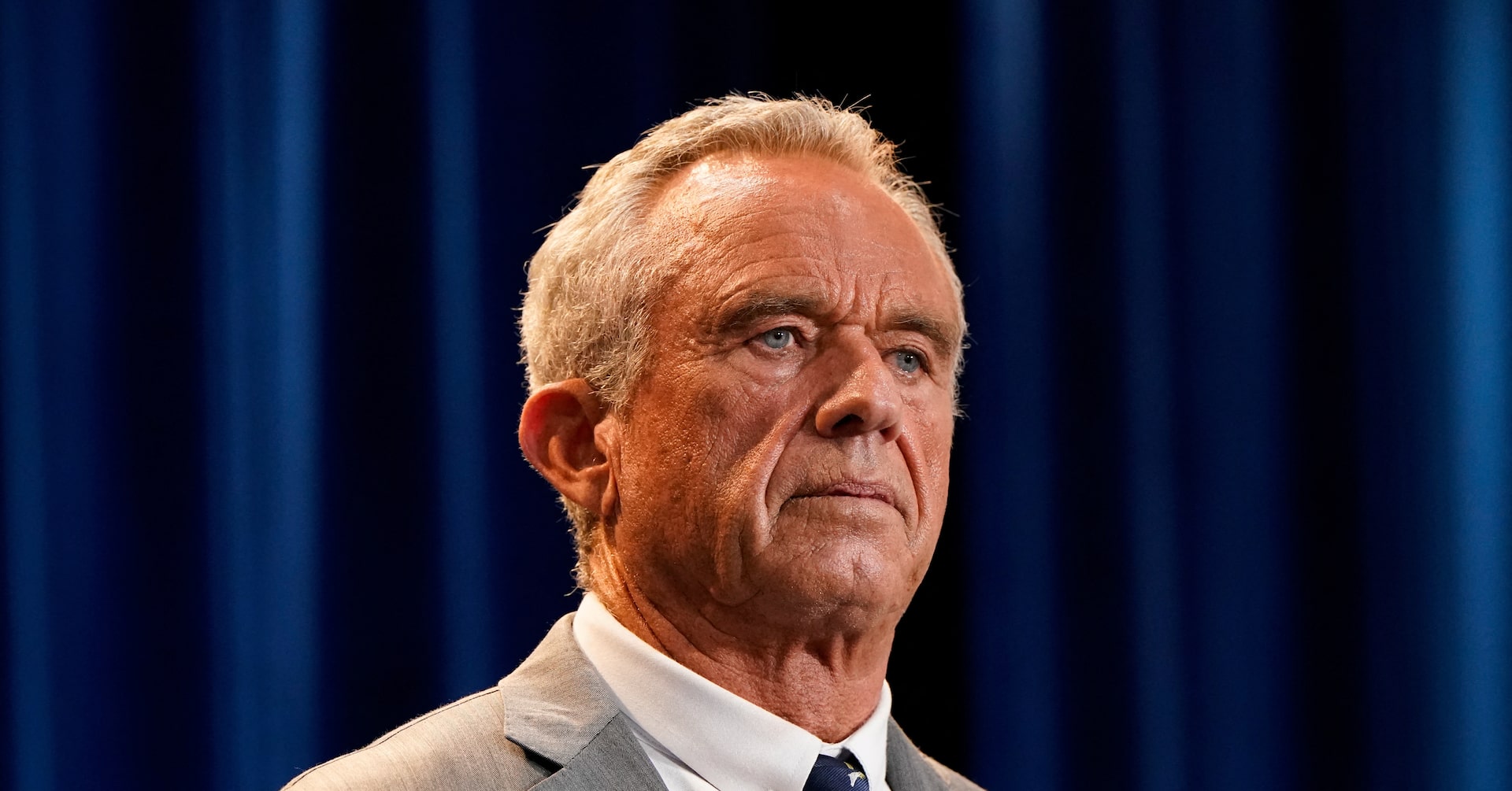Vaccine Controversy: Health Secretary Resurrects Debunked Measles Shot Claims

In a recent controversial statement, prominent anti-vaccine activist Robert F. Kennedy Jr. once again spread misleading claims about vaccine safety and effectiveness. The health secretary reignited debates by repeating unsubstantiated allegations about common childhood immunizations.
Kennedy's latest remarks targeted two specific vaccines, making provocative and scientifically unsupported assertions. He claimed that the measles vaccine contains cells from aborted fetuses, a statement that medical experts have repeatedly debunked. Additionally, he suggested that the mumps vaccination is ineffective, contradicting decades of medical research and public health data.
These claims are not only inaccurate but potentially dangerous, as they could discourage parents from protecting their children through standard immunization protocols. Medical professionals and scientific organizations continue to emphasize the critical role of vaccines in preventing serious infectious diseases and protecting public health.
Kennedy's persistent spread of misinformation highlights the ongoing challenge of combating vaccine hesitancy and ensuring accurate health information reaches the public. Experts urge individuals to consult trusted medical professionals and rely on scientifically verified information when making healthcare decisions.
